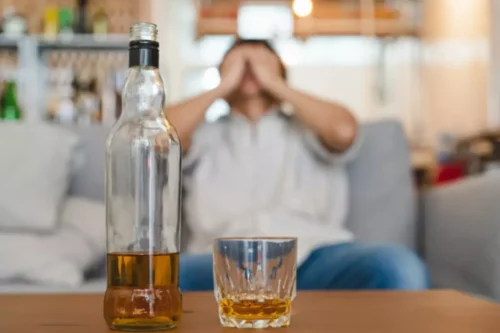
This fact sheet offers young adults information on living with depression, including causes and approaches to treatment. This webpage contains interactive activities to help parents, caregivers, and teachers introduce and reinforce key messages about peer pressure, resistance skills, and other important topics related to underage drinking. The results were gathered from a nationally representative sample, drug abuse in teens and the data were statistically weighted to provide national numbers.
In Drug Addiction
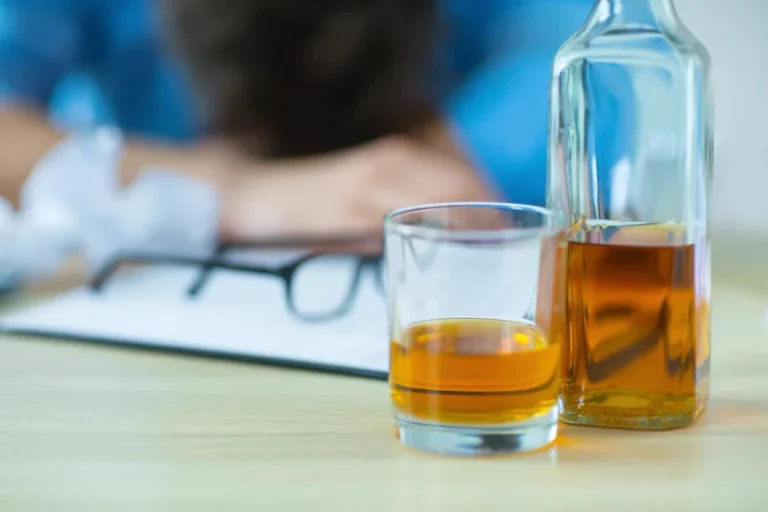
Almost half of kids with untreated mental health disorders will end up having a substance use disorder. “Self-medicating” with recreational drugs and alcohol works temporarily to alleviate symptoms of anxiety or depression because they affect the same brain regions that the disorders do. That’s one reason substance use is a risk factor for suicide in kids with depression, Dr. Taskiran notes. When you fear that your child or your friend is misusing drugs or alcohol, panic may take over. The first step is to try to find out if the person is indeed misusing drugs and then seek help.
Teen drug abuse: Help your teen avoid drugs
Data https://ecosoberhouse.com/ demonstrated that 50% of teenagers reported misusing a drug at least once in their lifetime. Moreover, “86% of teenagers know someone who smokes, drinks, or uses drugs during the school day.”2 Teen drug abuse is an incredibly frightening public health issue that we must address. Education and awareness are vital in preventing drug and alcohol misuse. These side effects cause difficulties making friends or feeling accepted at school. If you are a parent who notices changes in your teen’s behavior or has seen signs of drug use, it is crucial to understand the risk factors. This blog post will explore how drug abuse impacts academics and how parents can prevent teens from using drugs and alcohol.
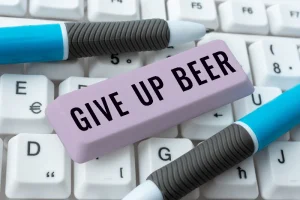
Doctors reluctant to treat addiction most commonly report “lack of institutional support” as barrier
- It’s OK to stay away from drugs and alcohol if they negatively affect you or if you’re simply not interested in trying them.
- All participating students took the survey via the web – either on tablets or on a computer – with 99% of respondents taking the survey in-person in school in 2024.
- Millions of young adults are living with a mental or substance use disorder and many either do not realize they have one or are not paying attention to the signs and not seeking help.
According to a recent survey, about two-thirds of 12th graders claimed they hadn’t used alcohol, marijuana, cigarettes, or e-cigs in the last 30 days. As for 10th graders, 80 percent reported they hadn’t used those substances recently, while 90 percent of 8th graders reported never using them. Many differences appeared to exist prior to any substance use, pointing to the role brain structure may play in substance use risk, NIH-supported study suggests. If you, a friend, or your teenage child is struggling with addiction, help is available. Call to speak with a member of the American Addiction Centers compassionate admissions team, who can help you find the right treatment program and/or verify your insurance coverage.
Secure Form
If your child resists conversations surrounding substance use, continue to lead with love and understanding. Remember, these conversations are inherently challenging, but approaching them with empathy can increase the likelihood of a positive outcome. Visit our counseling services page or our addiction services page to learn more.
Other preventive strategies
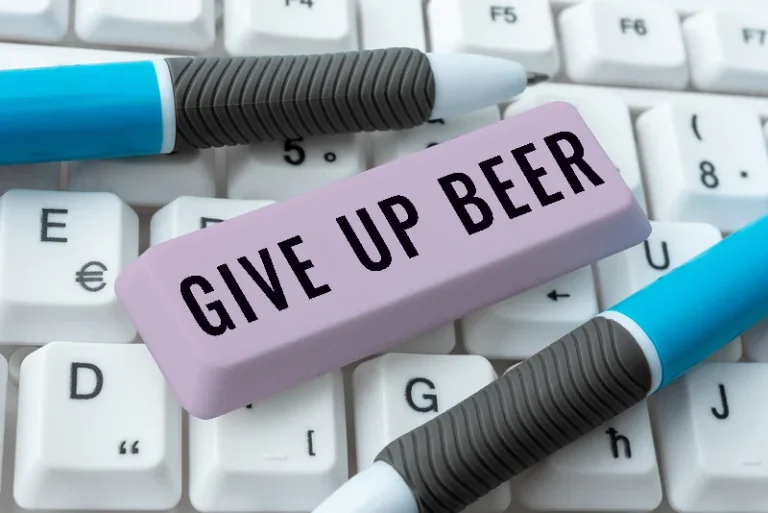
It’s true that teens under 18 can be sent to rehab by a parent or legal guardian against their will. However, treatment may progress more smoothly and have more of an impact if the child can accept the need for treatment. Once they are a legal adult, they have the right to decline treatment. About two-thirds of 12th graders this year said they hadn’t used alcohol, marijuana, cigarettes or e-cigarettes in the previous 30 days. That’s the largest proportion abstaining since the annual survey started measuring abstinence in 2017.
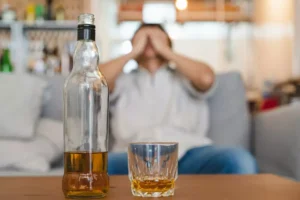
Medical Professionals
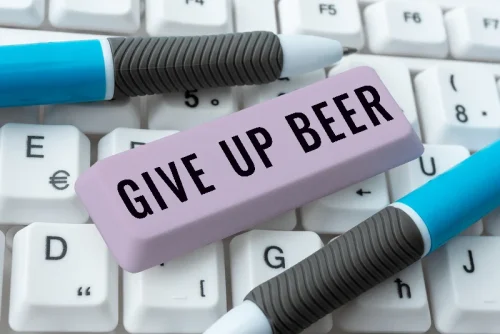
Teens may be more likely to try substances for the first time when hanging out in a social setting. A .gov website belongs to an official government organization in the United States. If you notice the behavior changes mentioned above on a more consistent basis, this could indicate regular use rather than a one-time instance. If you’re worried your teen is engaging in harmful substance use, consider starting with a caring conversation.
Substance Use and Teenagers’ Mental Health
- Parents can prevent their children from using drugs by talking to them about drugs, open communication, role modeling, responsible behavior, and recognizing if problems are developing.
- It describes normal reactions to trauma and emphasizes the importance of talking about feelings.
- They may also indicate a mental health disorder and should be monitored and discussed with your child’s family doctor for appropriate medical treatment.
- Teens may use drugs due to peer pressure, curiosity, or to do better in school.
Notably, the survey results are released the same year the data are collected. It was easier for teens to abstain from using drugs and alcohol while at home in lockdown, but “I think drug addiction treatment everyone expected at least a partial rebound” after isolation ended, said University of Michigan’s Richard Miech, leader of the survey. The vast majority of teens are now abstaining from drugs and alcohol—a trend that began during the early pandemic years. Unfortunately, teenagers often don’t see the link between their actions today and the consequences tomorrow. They also have a tendency to feel indestructible and immune to the problems that others experience.
